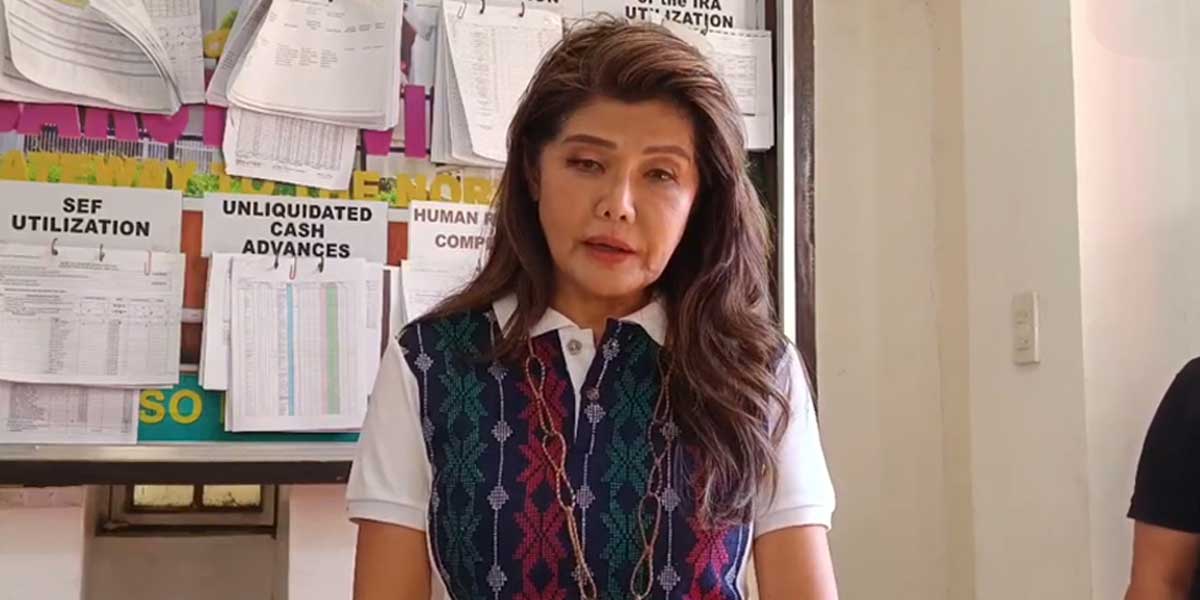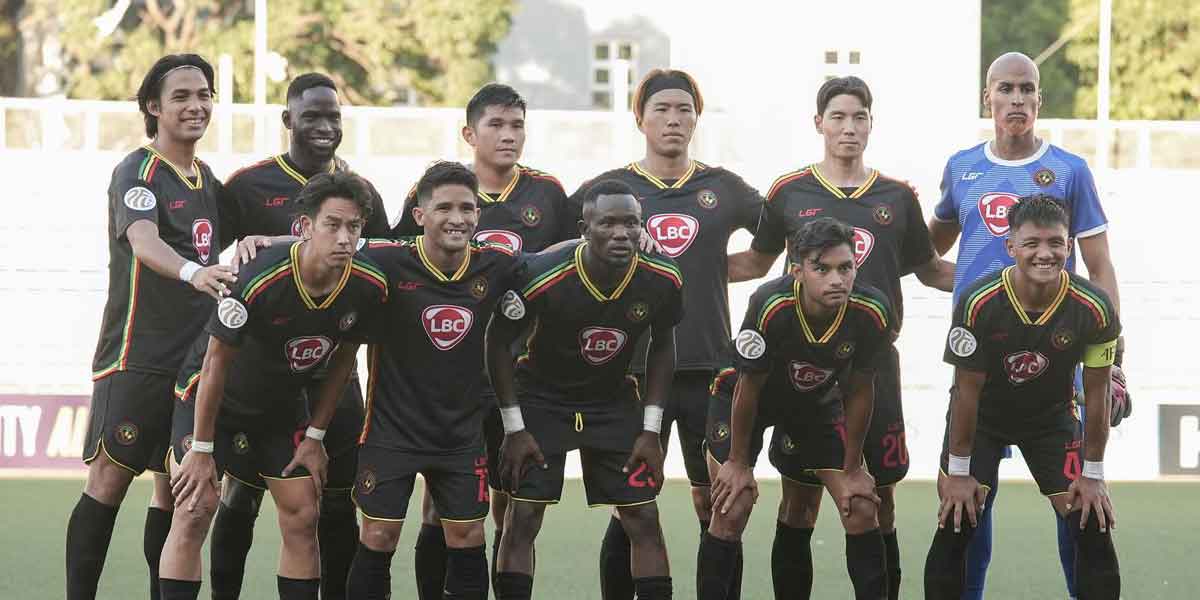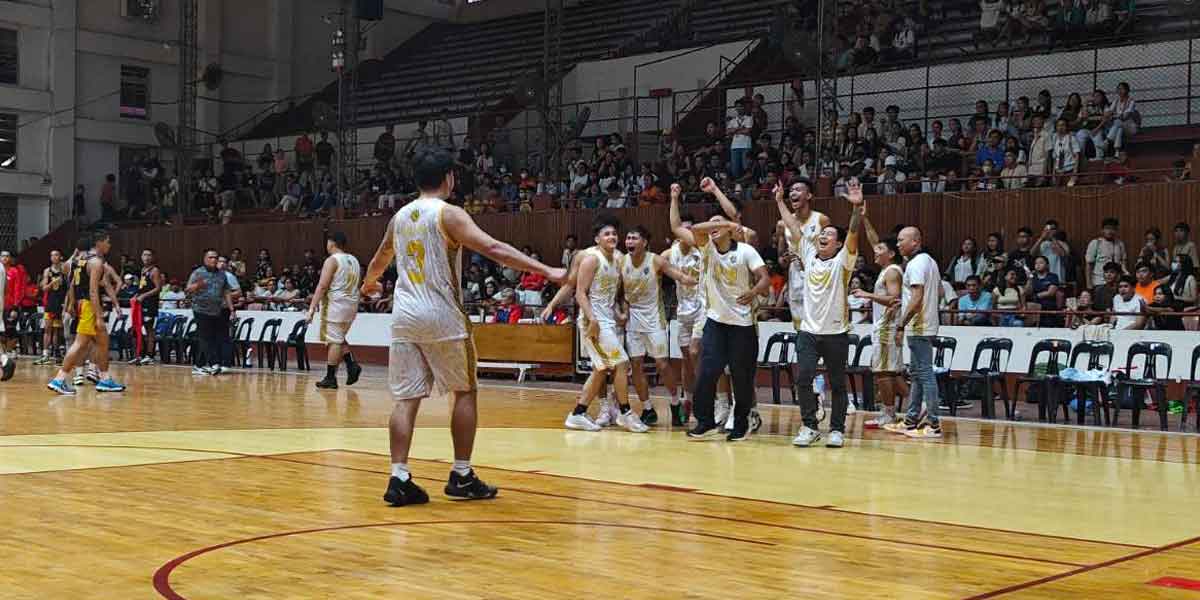By Herbert Vego
WHILE I was writing this yesterday, radio stations were taking turns getting the latest weather report from the Philippine Atmospheric, Geophysical and Astronomical Services Administration (PAGASA). Tropical depression Rai was threatening to enter the Philippine Area of Responsibility (PAR) strengthening into a typhoon to be known locally as Odette.
If as reported, she would hit Eastern Visayas, we in the West could probably brush it off as just another “bed weather”. We might simply just curl up in bed this morning to cope with colder weather until it moves out in two or three days.
But, being a “lady” as her name implies, she could change direction and repeat the “performances” of her unforgettable “predecessors”. This makes us Ilonggos nervous.
I must confess that I get nervous whenever rains pour longer than usual. I have yet to get rid of the nightmare I experienced 13 years ago – specifically on June 18, 2008 — when typhoon Frank devastated Iloilo City with six-foot floods. Frank robbed me of my camera, books and an old typewriter.
I am not surprised whenever other typhoon victims self-deprecate, “This is our karma for knowingly polluting the environment with garbage that obstructs the free flow of rainwater to the sea.”
That ought to free the Lord from responsibility over fires, floods, earthquakes and many other natural disasters that are inappropriately called “acts of God,” which is an idiomatic “sin” because it paints the picture of man struggling to survive God’s punishment which could be in the forms of typhoon, flood, earthquake and tsunami.
It’s also wrong to say, “God would never give us a problem we are unable to solve.”
That would have made God a sadist. It would be appropriate instead to thank God for equipping us with the ability to surmount difficulties.” As a familiar famous adage goes, “When the going gets tough, the tough get going.”
Typhoons are not our only blight. Our country being in the Pacific ring of fire, earthquakes and volcanic eruptions are no strangers, too.
One vital lesson that any natural disaster teaches us is “equality” between the rich and the poor. Both may lose everything and suddenly find themselves on equal footing. There are even instances when the poor are better-equipped to cope, simply because they are already familiar with hard times. On the other hand, the rich stand to lose more than the poor who have nothing in the first place.
It does not always pay to depend on government assistance. I know of a relative who insured his rice crop with the government-run Philippine Crop Insurance Corporation (PCIC). But when he lost his harvest to typhoon, all he got from PCIC was a refund of the cost of seeds and fertilizer. To survive, he had to apply for a bank loan thereafter, and so was at risk of losing his entire farm.
Another lesson is that we should always prepare for tomorrow’s disaster, even if today’s weather is fine. It is a “given” that disaster victims with reserve wealth – money stashed away, for instance – recover faster. Those with no immediate prospect of bouncing back because they have lost everything, including their only source of income, face a blank wall. They could be so desperate as to commit suicide.
What an irony! Is not the fear of death the most natural reason why we dread natural disasters?
It’s scary to even imagine that people who are supposed to rest on their laurels, having retired and are tired of any more work, may suddenly lose the abundant life he had long prepared hard for.
Oh, well, if it’s any consolation, the Bible in James 2:5 says, “Didn’t God choose those who are poor in this world to be rich in faith, and heirs of the Kingdom which he promised to those who love him?”




















